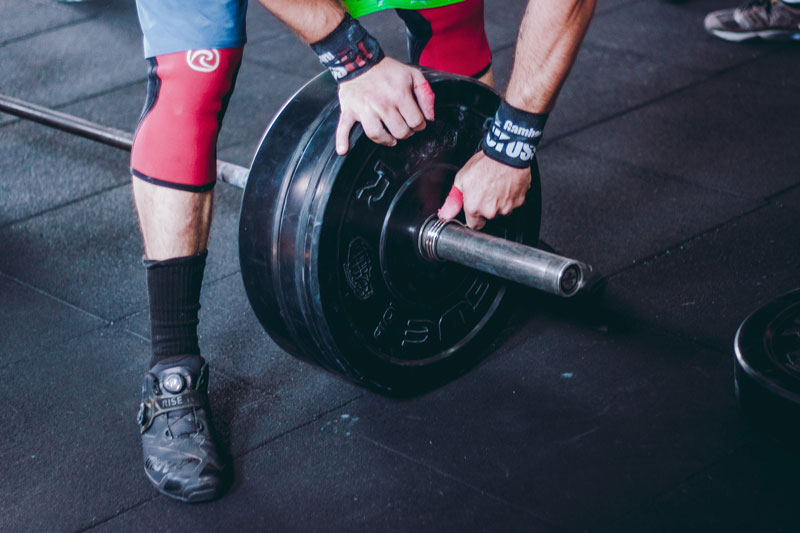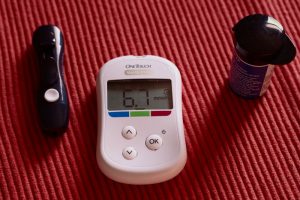As the demand for more health-conscious options becomes a growing trend, so too does the demand for vegan alternatives to typical protein powder options. Whey protein, one of the most well-known protein supplements, is not vegan as it is a by-product of cheese proteins, although it does come with many of its own benefits and nutritional qualities.
Vegan options, such as pea protein, which is sourced from the protein of yellow peas and isn’t so readily available, have become increasingly more popular – and you can find millions of articles online attempting to persuade you to choose one over the other. The opinion of which selection is best for you lies solely in your own requirements and eating habits.
Both whey and pea protein supplements are considered quality supplements and are widely used to aid in weight loss, bodybuilding, and for other health reasons. They are similar in many ways though they do each have their own unique benefits. And, depending on your own body and intentions, you may be better suited to one over the other regardless of if you are vegan or not (in the case of pea protein).
In this article, we intend to compare the benefits and nutritional differences of both whey and pea proteins so that you can make an informed decision while searching for the best supplement for your health and fitness goals, including for bodybuilding and weight loss.
The Main Benefits and Nutritional Value of Both Whey and Pea Protein
Whey Protein
- Whey protein is a cheaper and more readily available protein supplement.
- It is considered a high-quality protein as it comes from three sources; concentrate, isolate, and hydrolysate.
- It contains essential amino acids and BCAAs.
- It has high levels of leucine and cystine, which promote growth and reduce cell damage, respectively.
- More easily digested than plant-based proteins. The iron in whey protein is also more easy to absorb than plant-based iron sources.
- When taken in high doses, whey protein can lower intense inflammation in the body by controlling the C-reactive protein (CRP).
Nutritional Value Per Scoop
Calories: 100
Carbohydrates: 5.0g
Fats: 0.0g
Protein: 20.0g
Calcium: 94.7mg
Sodium: 140 mg
Iron: 1mg
Top 5 Whey Proteins on Amazon
[amazon table=”4345″]
Pea Protein
- A plant-based, hypo-allergenic, lactose and gluten-free protein suitable for those with sensitivities and who are on a vegan diet.
- Rich in iron, fiber, and amino acids and BCAAs. These BCAAs, including arginine, leucine, isoleucine, and valine, all promote a healthy heart as well as muscle growth.
- Minimal processing required, therefore, much of its nutritional value remains when consumed.
- Although plant-based proteins can be tougher to digest, pea protein has been seen as one of the easiest plant-based proteins to digest – right behind chickpea and soy protein.
Nutritional Value Per Scoop
Calories: 80
Carbohydrates: 1g
Fats: 1.5g
Protein: 15g
Fiber: 1g
Sodium: 230mg
Iron: 5mg
Top 5 Pea Proteins on Amazon
[amazon table=”4134″]
Pea protein, made without animal by-products, can often be misassociated with having less overall nutritional value. Frequently, misinformed people will assume that without animals one cannot truly get the right amount of vitamins and other nutrients to be in full health. This is not the case.
Iron is an important mineral for the body to ensure proper immune health and to prevent many blood-related diseases. It is particularly important for pre-menopausal women. If you’re also concerned about the ability of your body to absorb the iron in pea protein, Healthline suggests consuming Vitamin C supplements or food rich in Vitamin C, which can boost absorption by up to 67%.
Pea Protein vs Whey Protein
for Bodybuilding
As our bodies age, we slowly begin to lose our muscle mass. It becomes important for us to ensure we are giving our bodies an adequate supply of protein to build muscle in its place. Bodybuilding and other anaerobic exercises can aid in keeping our bodies healthy, our metabolism sharp, and prevent diseases and unnecessary fat growth.

Interestingly, both pea protein and whey protein have about an equal ability to aid in building muscle. The right addition of leucine, the growth-promoting essential amino acid active in both whey and pea protein, to your diet can reverse signs of muscle weakness, aging, and can repair muscle damage caused by activity or bodybuilding to promote faster healing so you can get back out there sooner.
Winner: We’ll call this one a draw as both pea and whey protein other a great supplement to aid in bodybuilding as they are both rich in amino acids. Whey protein is more easily digestible by the human body, however, this issue can easily be solved by adding some pure orange juice into your pea protein shake.
Pea Protein vs Whey Protein
for Weight Loss
 When trying to lose weight, ensuring your diet is high in protein is an excellent decision. Protein supplements work by keeping you fuller longer, increasing your calorie burn and changing your weight hormones. Whey protein is milk-based which, as we mentioned, can be harder to digest, especially for someone who is lactose intolerant. However, for those who are comfortable drinking whey protein, because it is absorbed into the body a lot quicker than pea protein, you may end up feeling satiated faster then with plant-based alternatives.
When trying to lose weight, ensuring your diet is high in protein is an excellent decision. Protein supplements work by keeping you fuller longer, increasing your calorie burn and changing your weight hormones. Whey protein is milk-based which, as we mentioned, can be harder to digest, especially for someone who is lactose intolerant. However, for those who are comfortable drinking whey protein, because it is absorbed into the body a lot quicker than pea protein, you may end up feeling satiated faster then with plant-based alternatives.
A report done on 9 studies on the effects of whey protein on weight loss saw that obese and overweight people who took large doses of whey while working out significantly saw a decrease in fat loss and increase in muscles mass in comparison to those who didn’t. Some studies also saw a noticeable differentiation in blood pressure and cholesterol, both of which can stall fat loss in some people.
Similar studies were also done on pea protein, also noticing a strong correlation between lower appetite after consumption. Pea protein was only second to casein for the best plant-based proteins to take for weight loss, although it did have an advantage in other areas.
Pea protein has alkalizing components, which is better for your body after a workout, while whey protein is much more acidic. Because of this acidity, lactic acid builds up in your body during high impact workouts, so it’s probably not the most beneficial. Another benefit of whey protein that may put it at an advantage over pea protein is its lower sodium levels.
An excess amount of sodium in your body can result in the retention of water, which will appear as if you are struggling to lose fat. By minimizing your sodium intake, you can get rid of that water weight and quickly see a change of a few pounds on the scale – even within a few days.
Winner: Both pea and whey protein are excellent sources of protein and are effective aids in weight loss. What it comes down to is which fits your health and lifestyle better. Always remember though that pea protein is organic, 100% hypoallergenic, and 100% vegan, which makes it safe for most people. It is much easier to digest than other animal-based proteins and won’t cause cramps and gas like whey protein can. Pea protein may not be a good option for those who need to follow a low sodium diet.
Pea Protein vs Whey Protein
for Treating Type 2 Diabetes
 Associated with high blood sugar and an inability of the body to naturally create insulin, Diabetes is a global disease for which there is no cure. There are, however, many treatments that can enhance a diabetic’s life and ensure their body is as healthy as possible.
Associated with high blood sugar and an inability of the body to naturally create insulin, Diabetes is a global disease for which there is no cure. There are, however, many treatments that can enhance a diabetic’s life and ensure their body is as healthy as possible.
Whey protein has been studied for its effects on insulin levels and has been found to actually help keep blood sugar levels in a healthy range as well as stimulate an increase in insulin creation. There are actually some diabetes medications – which are much more expensive and can have added fillers – that have the exact same level of effect as whey protein.
Both whey and pea proteins are excellent protein supplements that offer many health benefits and other nutritional value that can promote a healthier lifestyle when used in conjunction with activity and other necessary supplements. Depending on your own unique needs and taste, you may prefer one over the other.
If you’d like to learn more about taking daily protein supplements and to find out more about which one may be best for you – reach out for a conversation today.

